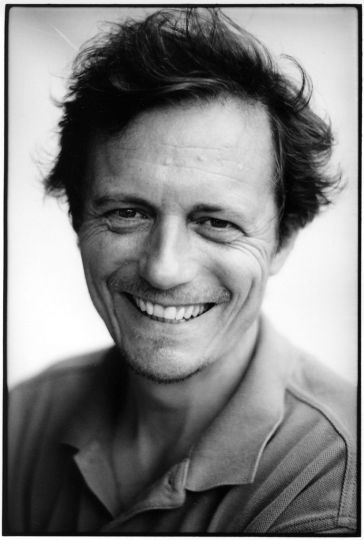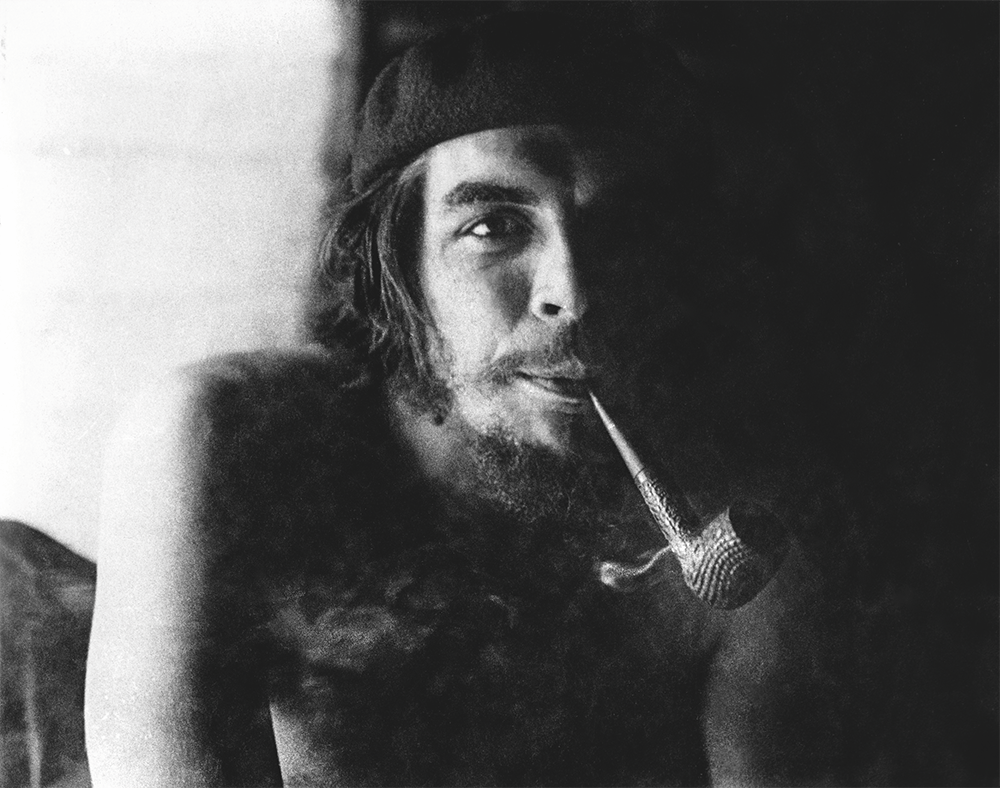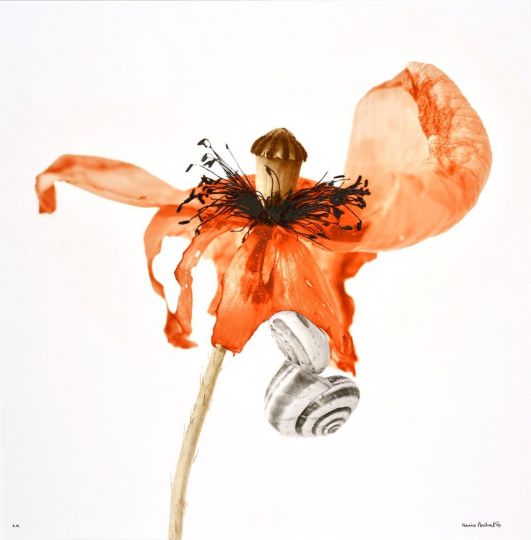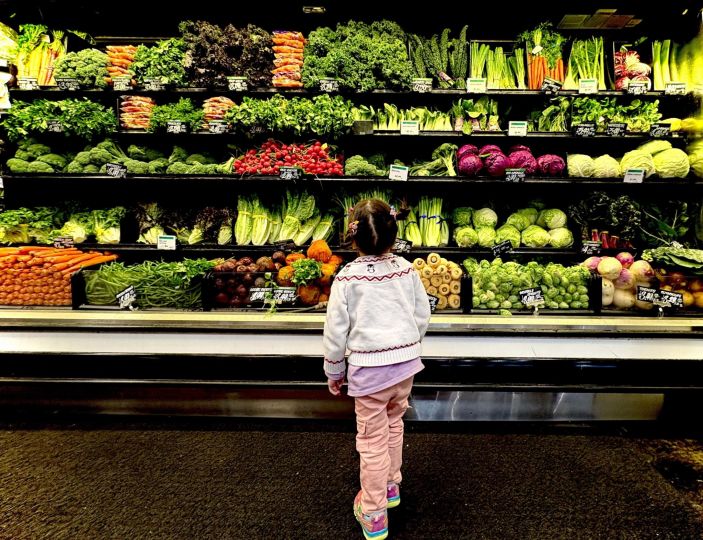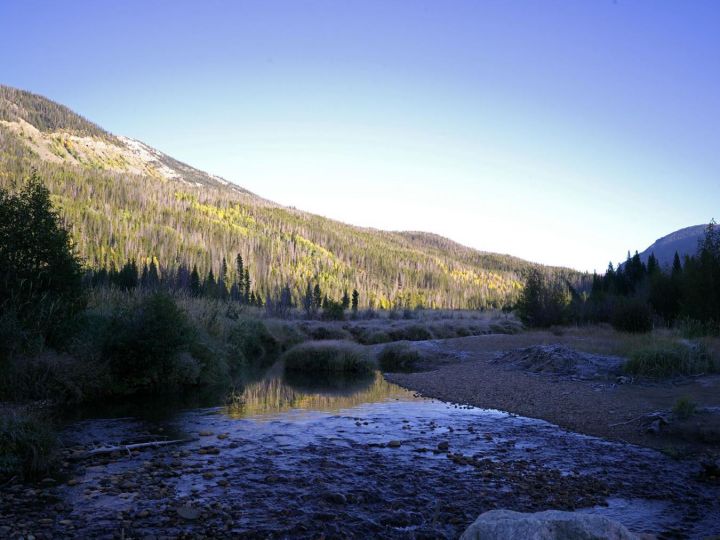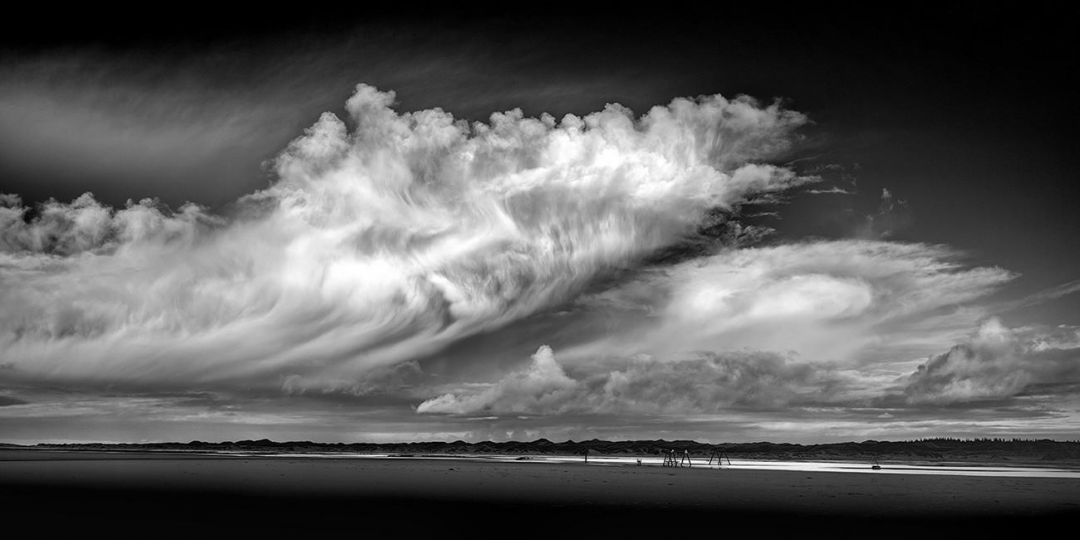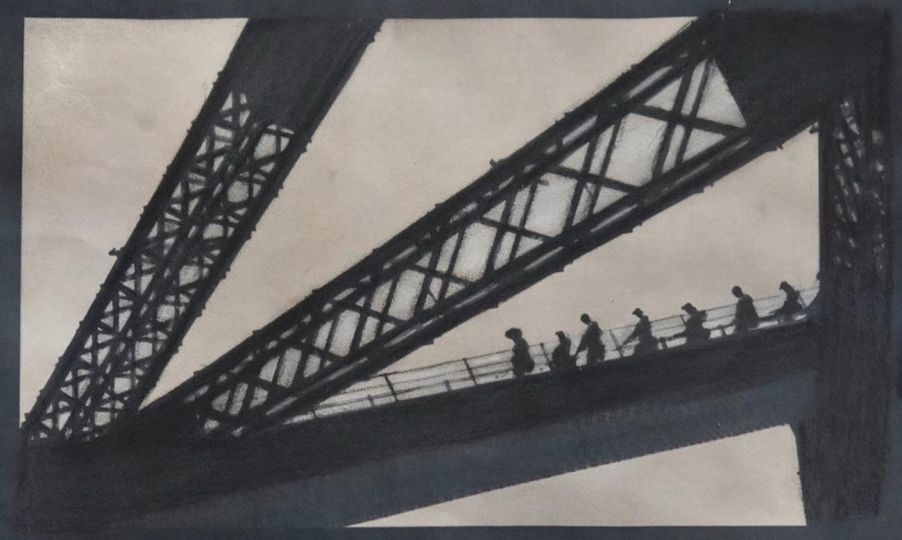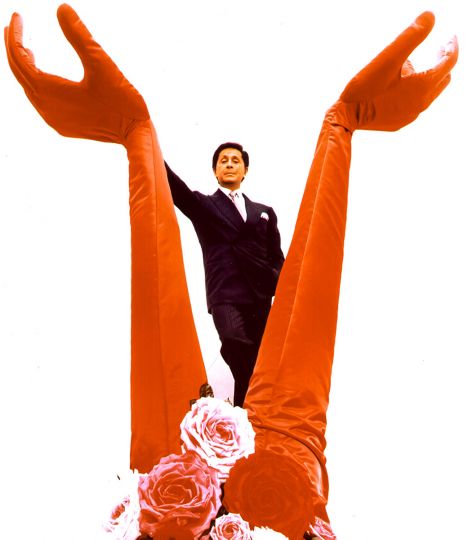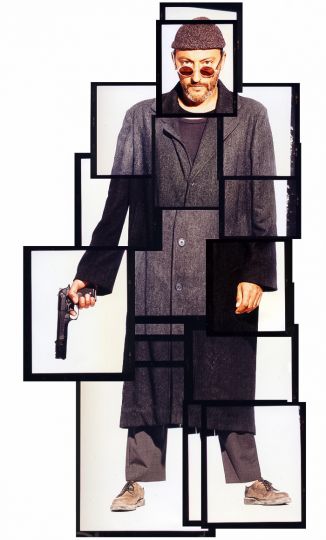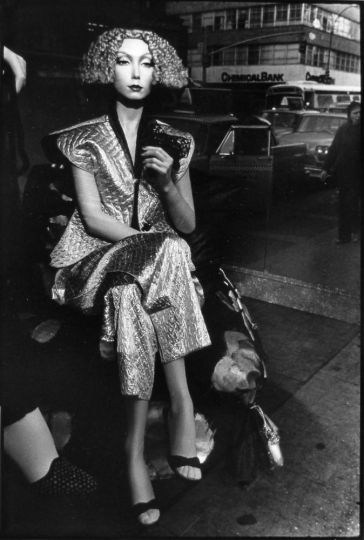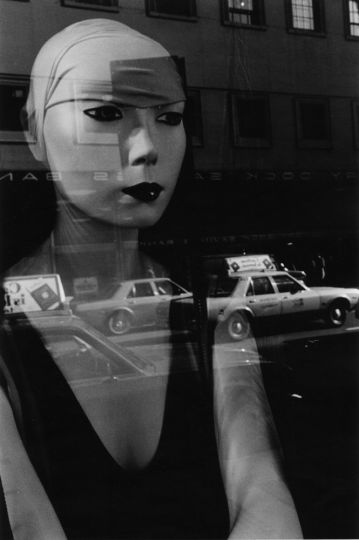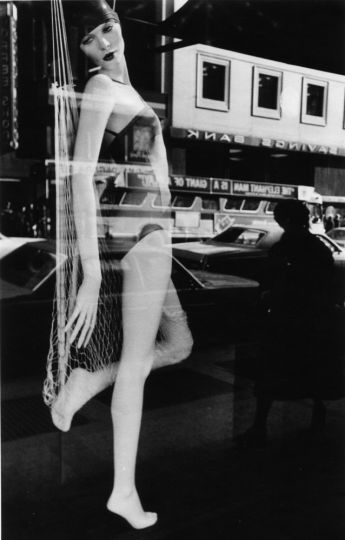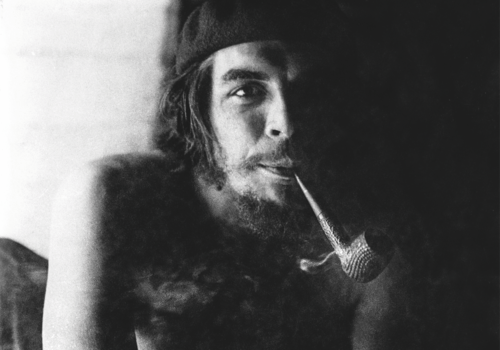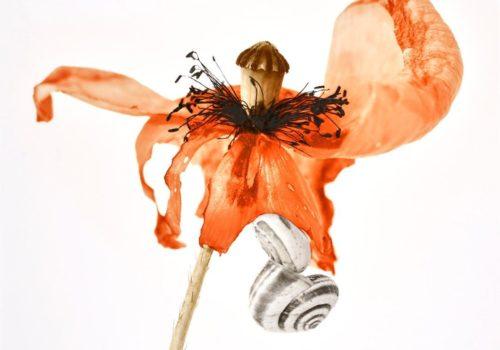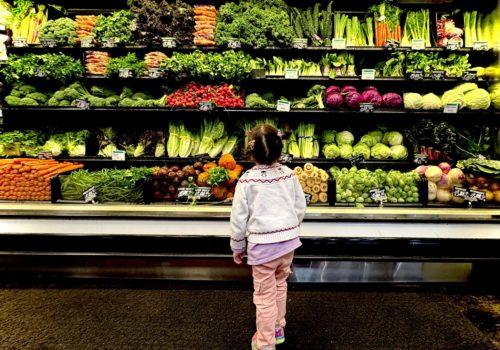Last year, the Rencontres d’Arles photography festival was a disappointment. There was no clear vision for the festival, far too many exhibitions, high ticket prices, and an overrepresentation of Magnum photographers, who are regularly invited to exhibit or curate (e.g., Martin Parr and Raymond Depardon). Directed by François Hébel and presided over by Jean-Noël Jeanneney since 2002, the festival, one of the most world’s most important, has lately come under increasing fire. François Cheval, director of the Musée Nicéphore Niépce in Chalon-sur-Saône, and Sam Stourdzé, director of the Musée de l’Élysée, have called for a change of direction, or at least the appointment for an artistic director to oversee the programming.
The Legacy of François Hébel
The Rencontres d’Arles was founded in 1969 by Lucien Clergue, Jean-Maurice Rouquette and Michel Tournier. François Hébel has been responsible for many changes to the Rencontres, beginning in 1986, when he introduced color and large-format photographs, as well as festival sponsors. He stepped down following the 1987 edition of the festival, returning in 2002 to deal with its large deficit (450,000€), and to take Arles in a new direction. By balancing its budget, developing further sponsorship opportunities, inviting big names as curators (Nan Goldin, Christian Lacroix, Clément Chéroux, Sylvie Lécallier), and organizing photography workshops, Hébel led the festival to record attendance, reaching a record 84,000 visitors in 2011, which fell last year to 75,000.
The Rencontres d’Arles has seen unprecedented development in the past decade. It has also seen the rise and importance of exhibitions put on by the Association du Méjan, and, more importantly, by Maja Hoffmann’s LUMA Foundation, which created a “cultural campus” of contemporary art at the festival. Hoffmann, who also sits on the festival board of directors, has supported the Prix Découverte for the last ten years.
Maja Hoffmann’s Projects
Today, Maja Hoffmann is deciding the future of the city’s Parc des Ateliers, the site of half of the festival’s exhibitions. “We applied for a building permit for a stainless steel Frank Gehry tower at the end of 2012,” says Hoffmann. In a different ongoing project, the Magasin Electrique, another building on the site, will become the headquarters of the publishing house Actes Sud. It currently hosts the exhibitions presented by the Association Méjan every summer. “If the building permit is accepted, construction will begin immediately after the 2013 edition of the festival,” says Hoffmann. “First it will be used for our festival programming, and will eventually remain open all year long.”
“We are of course in discussions with the Festival des Rencontres,” she added, underlining how their cultural offerings complement each other. They have already begun arranging how to share the exhibition space at the Parc des Ateliers next year and in the years to come.
Counter-Proposals
Last year, François Hébel and Jean-Noël Jeanneney put together a development project for the Rencontres d’Arles from 2012 to the year 2020. Their aim is to make the city a world center for photography, and to create a complex of photography studios in Arles—a project that was quickly seen as competition for the Parc des Ateliers plans announced by the LUMA Foundation. “This is a global project that will match what the festival has become at a national and international level. It aims to give the festival a year-round structure, featuring exhibitions, training and education,” says Hébel.
Also planned is an exhibition at the Atelier de Mécanique devoted to the history of photography as seen through national collections, as well as as the creation (also at the Parc des Ateliers) of a set-building business, a year-round center for European internships, and a library specializing in photography. Nearby will be a student welcome center, a meeting hall for professionals working with images, and space for artists-in-residence. Hébel estimates that the project will cost 47 million euros over ten years, which will be paid for in part of the state, the region and the municipality. The rest of the cost will be covered by the center’s own activities.
It is now up to the Ministry of Culture and Communication and regional boards of representatives to take a position. It seems unlikely that François Hébel will be heard over the ambition program proposed by Maja Hoffmann for the Parc des Ateliers. Unless her building permit is once again rejected, the Rencontres d’Arles will have to return to the drawing board and rethink their future.
Christine Coste for Le Journal des Arts (No. 384, February 1-14, 2013)

